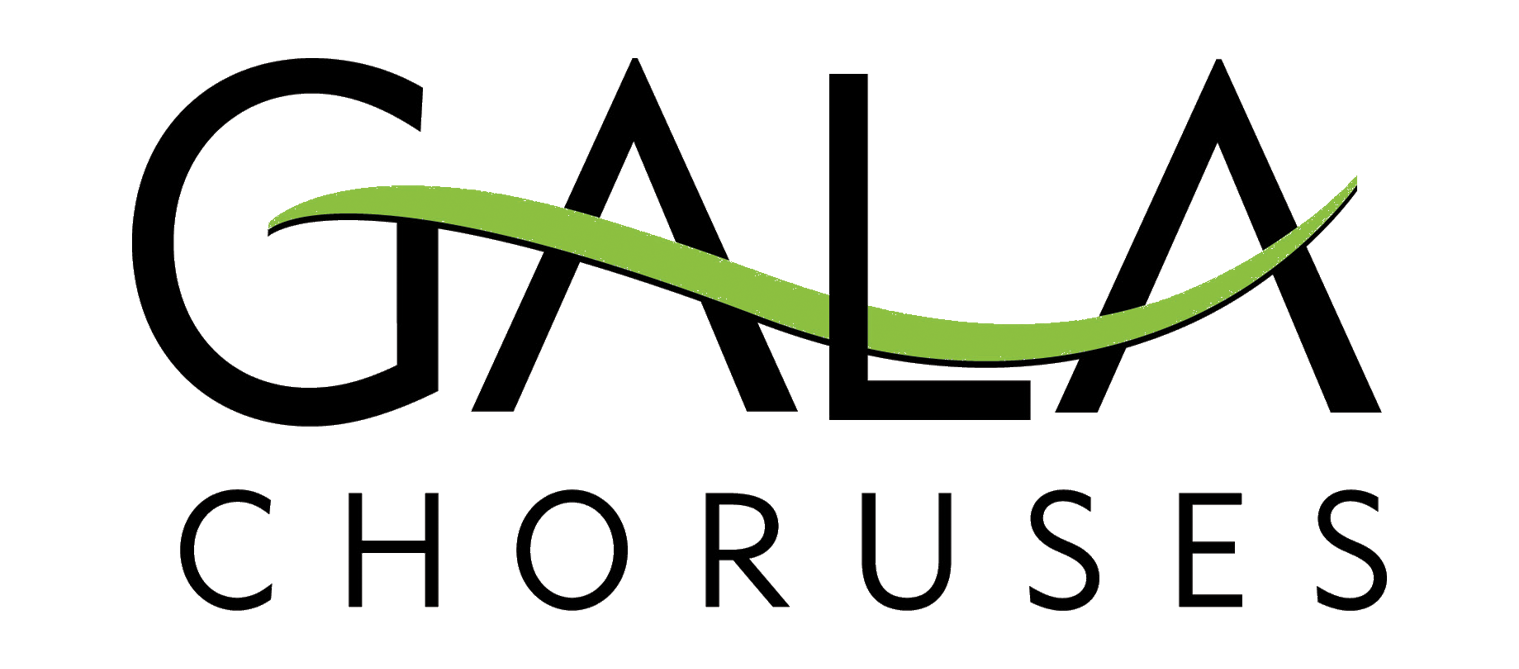The New Harmony Workbook provides a guide for choruses to explore deep conversations surrounding various identities or issues, asking: “Are we doing all we can (as individuals and as an organization) to foster equity, access, and a sense of belonging in our chorus and community?”
Calling IN*, Not Calling Out
The New Harmony Workbook provides a guide for choruses to explore deep conversations surrounding various identities or issues, asking: “Are we doing all we can (as individuals and as an organization) to foster equity, access, and a sense of belonging in our chorus and community?”
The first step is to ask, “What is the purpose of these discussions?” Authentically embracing any chapter of this workbook requires that each participant embrace the need for personal growth on their part, challenging the underpinnings of their socialization. This will allow the chorus as a whole to begin shifting the lens with which it views these topics.
Calling people IN*, rather than calling people OUT, is a powerful tool. Group trust is strengthened, avoiding factions that can impede the work of group change. Here are guidelines to foster conversations that are productive and transformational:
- Acknowledge the range of identities and life experiences within your chorus membership. No person’s experience is less valid or worthy of respect regardless of how many choristers share a particular identity or status. It is disrespectful to make autopilot assumptions about anyone’s identity or status.
- Encourage an atmosphere of respect across generations. Respect elder wisdom borne from decades of experience; respect the vision of youth carrying the work forward.
- Encourage members to listen to, believe, and respect each other. We are all correct when we’re talking honestly about our identity and life experience. Create the space where all feel safe bringing forth their deepest and truest feelings, from guilty discomfort to tearful solidarity. Honor each other for being vulnerable.
- Be mission driven. Review every aspect of your chorus mission and vision through the lens of the workbook topic you are addressing.
- Be a listener and learner. Listen to the various needs in your community and the ways that your chorus could anticipate these needs. Gather written resources, consult with professionals as needed about mental health and neurological diversity, and work together towards solutions.
- If these conversations are easy within your chorus, then ask if you are digging deep enough. Superficial discussions, undertaken through a lens of political correctness, can lead to lip-service change which fades away as practices revert to an older status quo.
- Intersectionality: it’s not possible to take one issue and look at it separately from other forms of identity. All issues are intersectional, as chorus members are a complex mix of various identities and experiences. Using an intersectional lens reveals the complexity of all chorus members’ experiences, allowing for a deeper and richer feeling of family as all members can be seen and heard as their authentic selves.
*Loretta J. Ross is credited with the concept of calling people in. View her TED talk: “Don’t call people out—call them in” — YouTube
